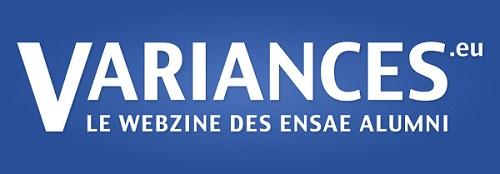Enseignement à l’ENSAE : les évolutions récentes
Stéfan LOLLIVIER (ENSAE 1980), directeur de l’ENSAE

List of numbers


N°21
Network Savings
01 November 2002
Editorial
What if I told you 1992? Depardieu is Christopher Columbus, Leconte reaches the semi-finals at Rolland Garros and Bruel no longer needs to sing when he performs. Right. I can hear the joyous concert of this Prévert-style inventory, but that's not the point - which is not surprising, since the index is of an indigence that would baffle Columbo at the height of his soap opera art.
Apart from Denmark's surprising victory at the European Football Championships, 1992 saw the birth of the Maastricht Treaty, which heralded the deepening of the European Union and profound changes for its member states. Today, we're all eager
to draw the first lessons, but because we can't put ten years on the table the way we spread out our letters at scrabble, we've chosen to concentrate on selected, circumscribed aspects of the subject. In October 2002, the social news brought to light the demonstrations by EDF employees, which were part and parcel of one of the consequences of the Maastricht Treaty: the opening up to competition of network economies with public service missions. This largely underground phenomenon, the effects of which we are only just beginning to discover, is the subject of this issue's dossier.
Another preconceived notion we're eagerly testing: like Loto, is ENSAE only designed "for those who like numbers... with lots of zeros behind them"? To find out, I invite you to read the interview with musician and composer Karol Beffa, which opens a series of articles on atypical alumni profiles.
There's no guarantee that the tests will be conclusive. But like the success of the Tour de France à la Voile this summer, they give us the desire to listen, to understand and to be passionate. In short, they make you want to want to.
Apart from Denmark's surprising victory at the European Football Championships, 1992 saw the birth of the Maastricht Treaty, which heralded the deepening of the European Union and profound changes for its member states. Today, we're all eager
to draw the first lessons, but because we can't put ten years on the table the way we spread out our letters at scrabble, we've chosen to concentrate on selected, circumscribed aspects of the subject. In October 2002, the social news brought to light the demonstrations by EDF employees, which were part and parcel of one of the consequences of the Maastricht Treaty: the opening up to competition of network economies with public service missions. This largely underground phenomenon, the effects of which we are only just beginning to discover, is the subject of this issue's dossier.
Another preconceived notion we're eagerly testing: like Loto, is ENSAE only designed "for those who like numbers... with lots of zeros behind them"? To find out, I invite you to read the interview with musician and composer Karol Beffa, which opens a series of articles on atypical alumni profiles.
There's no guarantee that the tests will be conclusive. But like the success of the Tour de France à la Voile this summer, they give us the desire to listen, to understand and to be passionate. In short, they make you want to want to.
Summary
Rapport financier ASTEC 2001
Fabrice Wilthien (1998)
Tour de France à la Voile 2002 : Veni, vidi, vici !
Fabien TOUTLEMONDE (ENSAE 1999)
L’ouverture du marché électrique en France
Pauline CAYATTE (ENSAE 1999) ATEL Energie SAS
EDF au cœur de la tourmente
Nicolas WOJNAROWSKI (ENSAE 1999), Direction Financière EDF
Le transport ferroviaire anglais confronté à la privatisation… 10 ans après.
Sébastien PETITHUGUENIN (ENSAE 2001), CONNEX, G-B.
Le tour vu du quai
Pierre MORICHAU (ENSAE 1967)



